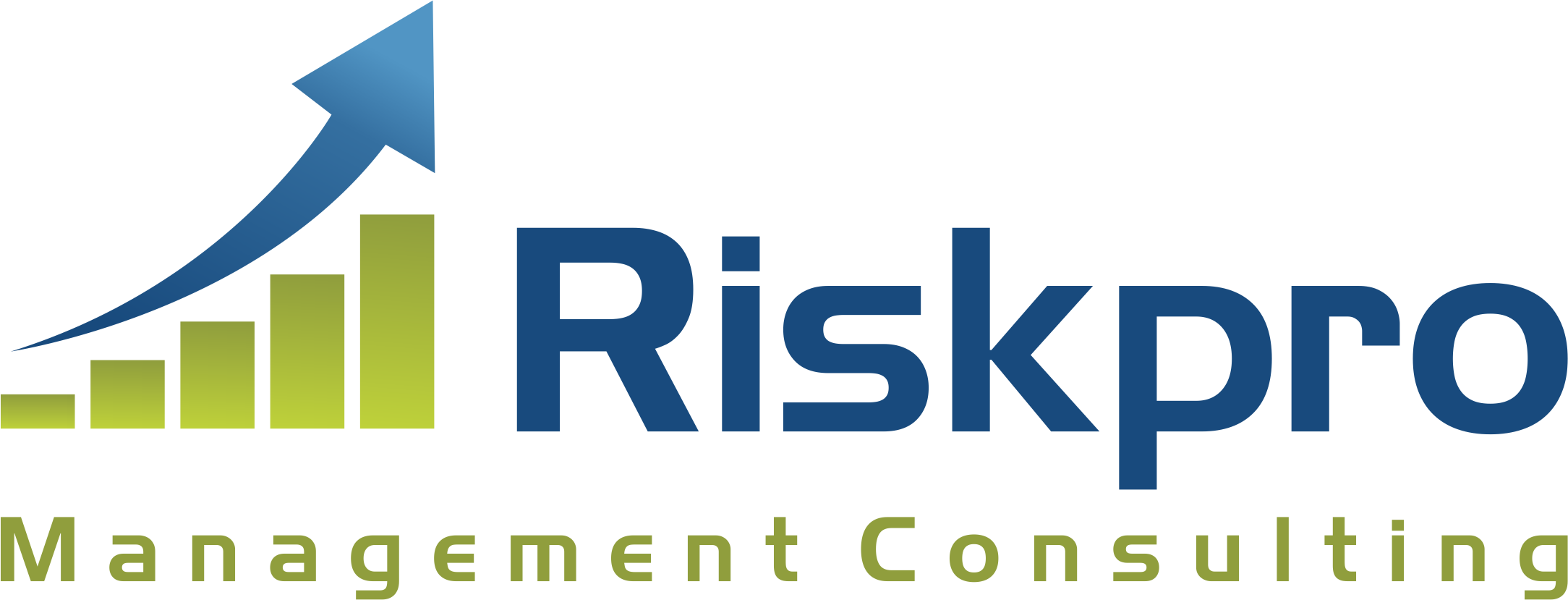In the world of financial crime prevention, anti-money laundering (AML) certifications have become a valuable commodity. Some education providers offer free AML certifications. As businesses become more regulated and the risk of financial crime increases, AML certifications are a must-have for professionals who want to stay competitive in the job market.
But with the rise of online learning platforms, many students are turning to free AML certification courses to get certified. While the idea of getting certified for free might seem tempting, there are several reasons why students should avoid free AML certifications.
Why AML Certification is Essential for Financial Crime Prevention
Before we delve into the pitfalls of free AML certification, let’s first understand why AML certification is essential for financial crime prevention.
As businesses become more global and complex, the risk of financial crime increases. Criminals are becoming more sophisticated in their methods, using technology and other tools to evade detection and launder money. AML certification helps professionals to stay on top of these emerging trends and techniques, allowing them to identify and prevent financial crime before it happens.
Free AML certification also demonstrates a commitment to professional development and ongoing education. With AML regulations constantly evolving, it’s important for professionals to stay up-to-date on the latest trends and techniques in financial crime prevention.
The Pitfalls of Free AML Certifications
While free AML certifications might seem like a great deal, there are several pitfalls that students should be aware of.
Firstly, free AML certifications courses are often of poor quality. Many online learning platforms offer free courses as a way to attract students and upsell them to more expensive courses. As a result, the quality of the free courses is often subpar, with outdated content and poor instructional design.
Secondly, free AML certifications courses are not recognized by employers. Employers are looking for AML certifications from reputable institutions and organizations. While free courses might be useful for learning the basics of AML, they do not carry the same weight as certifications from recognized institutions.
Lastly, free AML certifications courses do not offer the same level of support and networking opportunities as paid courses. Paid courses often offer access to instructors and networking opportunities with other professionals in the field. Free courses, on the other hand, offer little to no support or networking opportunities.
Why Paid AML Certification is Worth the Investment
While paid AML certification courses might require a financial investment, they are worth the cost. Paid courses offer high-quality content, recognition from employers, and access to support and networking opportunities.
In addition, paid courses often offer more in-depth coverage of AML topics, providing students with a deeper understanding of financial crime prevention. This knowledge can be invaluable when it comes to advancing in the field and staying ahead of emerging trends and techniques.
Conclusion
While free AML certification might seem like a great deal, students need to understand the pitfalls of free courses. Paid AML certification courses to offer higher-quality content, recognition from employers, and access to support and networking opportunities. By investing in a paid AML certification course, students can demonstrate their commitment to professional development and stay ahead of emerging trends in financial crime prevention.

